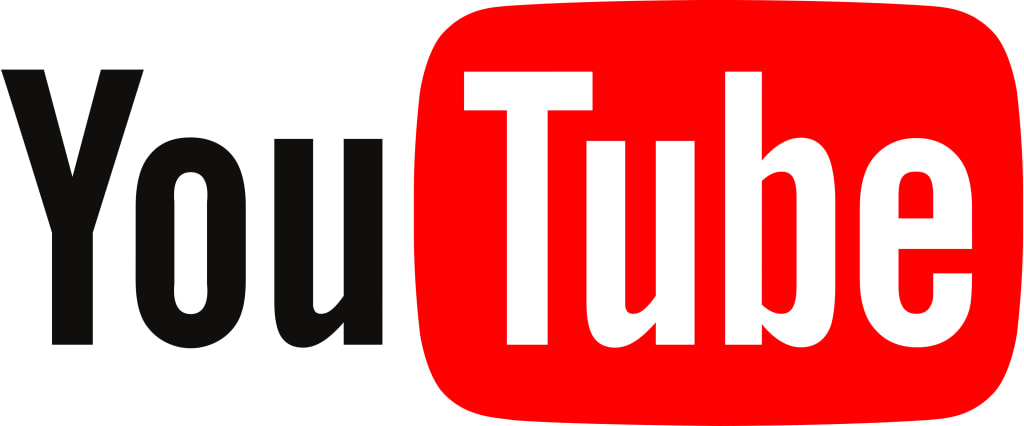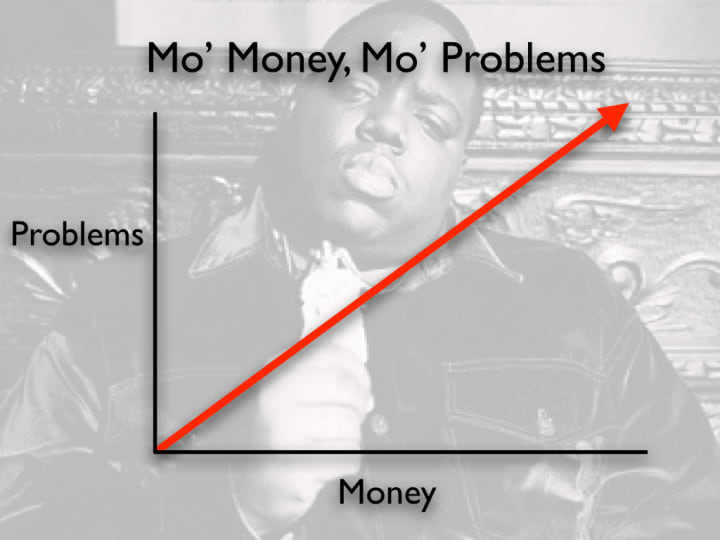The State of YouTube
Walking On Thin Ice

YouTube has gone from a small website where only a few videos were posted each day to a service which hosts as the worlds biggest video platform. However, with this growth has come restrictions against the people who create videos on the platform. In this article I will be showing how the website has gone from promoting creativeness to a company restricting it.
Disclaimer: I am not a YouTuber, this is merely the perspective of a viewer who has watched the platform over many years
Rapid Beginnings

YouTube was founded by Chad Hurley, Steve Chen, and Jawed Karim in 2005, Jawed being the person to post the first ever video on YouTube. Within the first year of the service being launched, it was recorded that there were around 65,000 videos being uploaded to the site every day, with around 100 million views coming in every day. The attraction of YouTube was that anyone could upload anything they wanted at any time. This made Google buy the service in 2006. Google would then go on to revolutionise the video-sharing platform.
The Birth of Creators

While there were many people just uploading random videos to the site, some saw it as a way of making a career of uploading daily videos. Some of these creators included NigaHiga, Smosh, Tyler Oakley, IJustine and much more. These would come to be known as creators, people who would try and create a series of videos for YouTube on a regular basis. While not getting paid by YouTube (yet), many would still upload videos for the fun of it, unaware of what would happen to them in the future. Most of these creators are still popular to this day.
YouTube Ad Evolution

With YouTube's creators or 'YouTubers,' giving a reason for people to revisit the site on a daily basis, the site would continue to grow more and more. This would eventually lead to the platform being noticed by many companies who believed they could pay YouTube to put their adverts on videos. With this interest came the YouTube Partner Program, a program that meant you could have ads on your videos and you would receive a portion of the money being made by YouTube from the paid placements from companies.
Only a select few were YouTube partners, in order to become a partner you needed a certain amount of subscribers and daily views on your videos. My first interaction with a YouTube Partner was PewDiePie, who has since gone on to become the biggest YouTuber to date. However, in 2012, the program was opened to everyone, and anyone who uploaded a video to the site would be able to make money as a result. This would open the floodgates to more and more creators coming to the site.
Big Money, Big Problems

With this increase of creators, came more viewers. This led to even more ads being placed on videos with new commercial deals being made more frequently. Eventually, these deals led to restrictions being put on what kind of videos people could make, hence now why some YouTubers mention 'demonetisation.' Demonetisation means that the video uploaded will no longer be making money due to it breaching YouTube's community guidelines. The guidelines would include how to appropriately display your content in order to make it more user friendly.
This affected many small creators who had decided to do YouTube full-time, bigger creators like PewDiePie, however, can go unaffected due to sponsorship's from other company's who provide money directly to the creator.
The Adpocalypse

While it was up to the staff of YouTube and viewers to find videos that broke the community guidelines and report them, there were always some videos that slipped through the cracks. In early 2017, The Wall Street Journal had found that there were videos on the site that promoted terrorism and were being monetized, meaning the videos were making money for these promoters. This led to major companies like Pepsi pulling their ads from YouTube videos, because they didn't want their company image linked to terrorism. The pulling of ads meant even videos that didn't get demonetised were now making little money.
The event hit the platform hard. Many creators were struggling to bring in decent money to live on, with some having to stop making videos indefinitely and go get a full-time job. However, this was only the first wave of the apocalypse. The second wave was caused by a single misinterpretation made by the Wall Street Journal. A satirical video uploaded by PewDiePie was stated by the news outlet to be anti-semitic. The news only increased the number of sponsors to pull their adverts, leaving even more creators with less money.
Rebuilding, Restricting

After the catastrophic event, YouTube began to go back to work on trying to get their sponsorships back. This resulted from them creating an algorithm based on the community guidelines. The algorithm can detect breaches of guidelines in nearly every aspect of a persons' video, this can be the thumbnail, description or title. While the algorithm was supposed to help creators, it frustrated them. This was due to some channels related to gaming, sexuality, etc., all getting demonetised, even though the videos themselves didn't break guidelines and were made for entertainment and educational purposes.
My Take

As a huge supporter of YouTube for many years, it has now come to the time where the site has lost it's soul. No longer has the site been a platform for free speech, creativity, and learning. It has turned into a site that cares more about the money than the creators. It has even got to the point where the site is making changes without even informing the creators, who are a huge part of their income. With the creators themselves feeling like they're walking on thin ice to be able to pass the algorithm, it means a lot of them have struggled to stay relevant and creative when trying to meet the YouTube guidelines.
In the beginning, YouTube was a site that was open for anybody and you could become whoever you wanted to be, it still is... if you meet the criteria.
About the Creator
ThisIs Everything
I tend to do articles on basically everything, hence the name. You could find an article which goes along the line of social commentary or just find a review of a random song or video game. I hope whatever I write interests you.






Comments
There are no comments for this story
Be the first to respond and start the conversation.